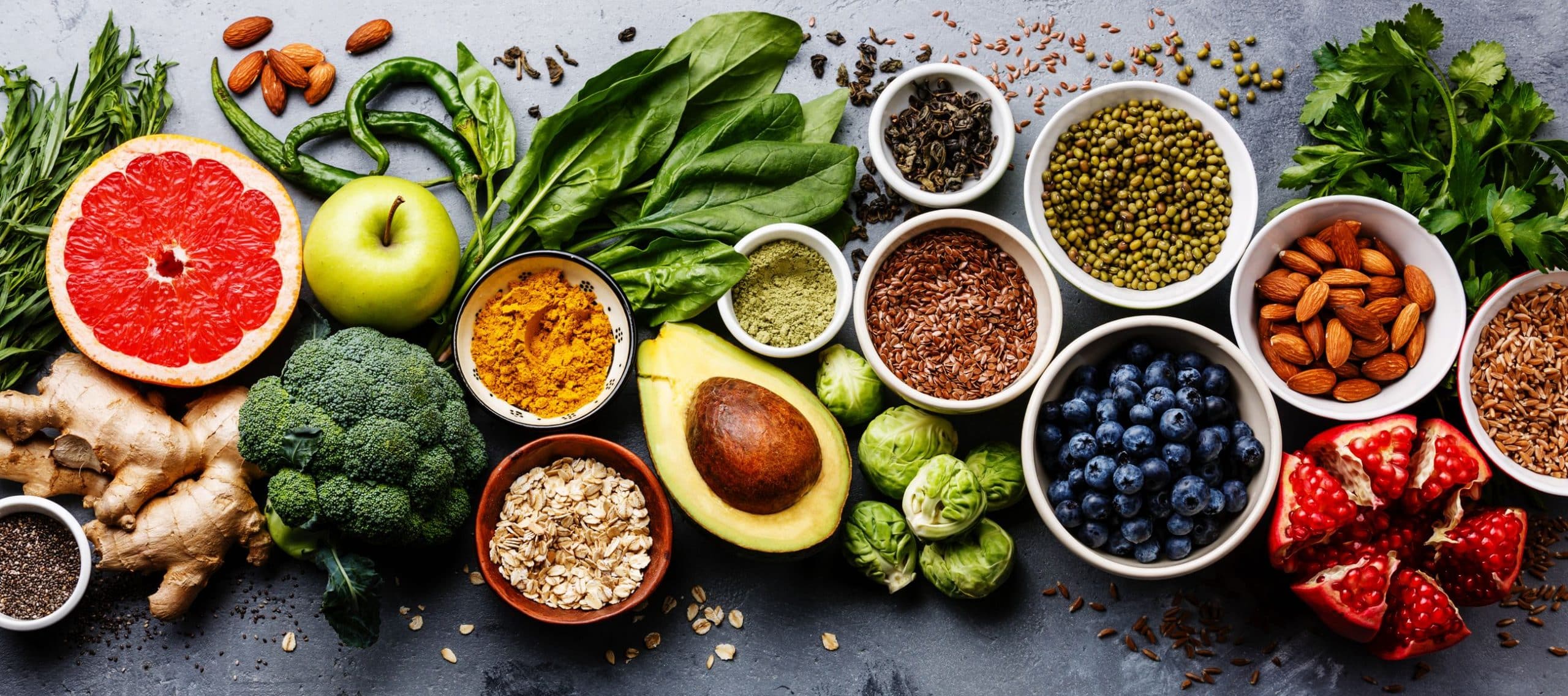Plant-based Food Sales Continue to Rise—Here Are Ways How Grocers Can Keep Up the Momentum

The growth of plant-based foods over the past few years has been a significant disruption in the food retail industry. As a healthier alternative to meat-based food options, plant-based foods continue to find their way onto customers’ grocery lists. Plant-based category sales grew by 27% in 2020 and are estimated to be worth $7 billion, according to SPINS data released by the Good Food Institute and the Plant-Based Foods Association.
This year, plant-based food is showing that it’s here to stay. Whether plant-based milk, meat, or seafood, surely, plant-based food products are not just a trend anymore—it’s becoming a staple in consumers’ baskets.
Plant-based foods’ continuous success relies in part on how grocers work with the food category in their stores. How can grocers drive more plant-based foods sales? Here are some ways they can keep up the momentum:
Increase Product Variety
Increasing plant-based food products and diversifying assortments, whether online or in-store, greatly influences customer dollar sales. According to Food Dive data, so far there are 40 new plant-based products that were introduced and sold in stores in 2021. Increased plant-based food availability fuels the category’s continuous growth.
Likewise, another way for grocers to increase product variety is to start offering private labels. Aside from the fact that private labels allow grocers to gain better margins, offering private labels dedicated to the plant-based food category provides opportunities for the overall product offering expansion for grocers and a strategic way to introduce their own brand in the market.
Proper Product Placement
How and where grocers put plant-based food products in grocery stores plays a key role in the category’s growth in terms of sales and demand. That is why proper product placement, alongside strategic merchandising, is a perfect mix for its success. Placing plant-based food besides their animal-based counterparts leads to more customer dollar sales and increases consumer acceptance as this strategy offers consumers more product options. Focusing on merchandising, while at the same time reinforcing promotional strategies, will also help grocers to keep up the momentum of plant-based foods. Grocers can merchandise this product category on shelves and display cases that maximize product visibility along with proper product labeling to attract more customers.
Getting Tips from the Experts
Translating merchandising to customer education through the hiring of in-house, plant-based food category experts will increase customer awareness and will eventually influence customer purchases. Hiring category experts also makes a significant impact in helping grocers further promote and drive sales to the brand. Having someone focus on the plant-based category in-store will allow grocers to efficiently manage the movement of plant-based foods in the retail area as well as help in making effective merchandising strategies.
The plant-based foods category is just one of the many food products that were initially introduced as a trend but have now become a dominant player in the food retail market. As the food industry continues to evolve, it is expected that there are more food product categories for customers to discover, and in turn, create more opportunities for food retailers.